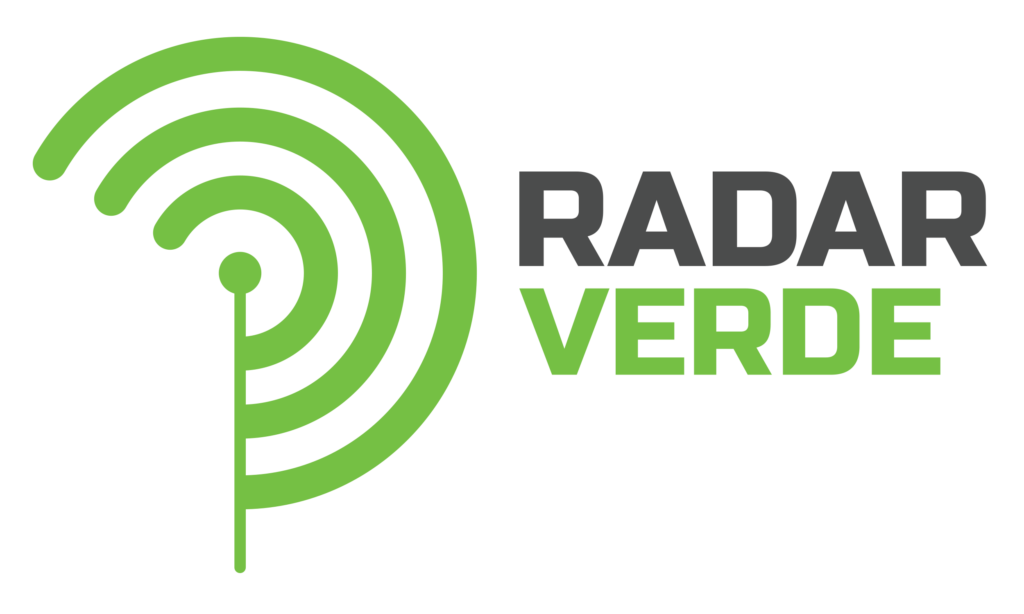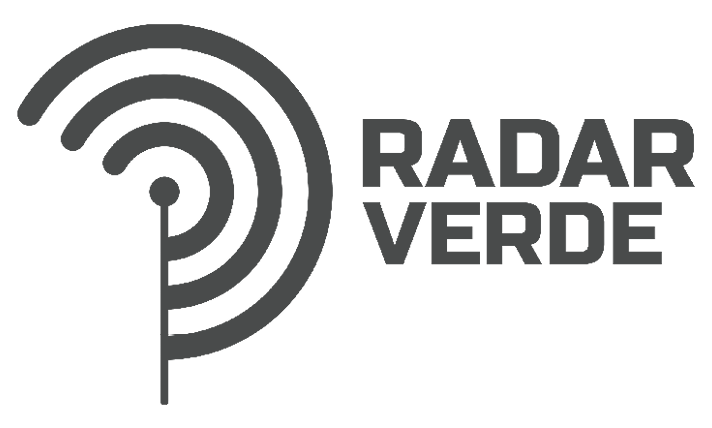Brazil’s beef industry has entered a zone of climatic, financial, and social risk. For instance, the Central Bank of Brazil identifies cattle ranching as the sector most exposed to climate transition risks, with implications for credit, default rates, and the stability of the financial system (Central Bank of Brazil, 2022). In 2024, 44% of Brazilian financial institutions reported being affected by extreme climate events, a sharp increase from 17% in 2023, according to Central Bank data (Central Bank of Brazil, 2025).
At the same time, science is unequivocal: deforestation reduces rainfall and raises temperatures in the Amazon, intensifying droughts and undermining productivity. Environmental crimes have also been linked to high homicide rates. A study by Fundação Getúlio Vargas found that anti-deforestation measures prevented an estimated 1,477 homicides per year in the Amazon, a 15% reduction, in a region where lethal violence remains well above the national average (Araujo et al., 2025).
These recent findings intensify the pressure to curb deforestation linked to cattle ranching, which is responsible for roughly 90% of total deforestation in the Amazon, with an estimated 90% of illegal activity (MapBiomas, 2024; Prizibisczki, 2024).
Against this backdrop, the results presented in this report (Radar Verde 2025) offer a clear warning: most meatpackers and major retail chains still lack effective control over their cattle and beef suppliers, thereby undermining efforts to prevent deforestation. Transparency and auditing have advanced, but not at the pace demanded by the level of risk.
A total of 151 meatpackers operating in the Legal Amazon were evaluated. Among them, 88% showed very low levels of commitment to anti-deforestation practices, 12% showed low levels, and none demonstrated satisfactory control over indirect suppliers through independent audits. In contrast, 12 companies — led by Marfrig, Masterboi, and JBS — formed the top-performing group, representing 41% of slaughter capacity in 2024.
Transparency also improved: the number of meatpackers publishing independent audits increased from 13 (2024) to 41 (2025), covering 57% of slaughter capacity in the Legal Amazon, up from 37% the previous year. Yet the sector still needs to accelerate traceability to include indirect suppliers. An indirect supplier is a farm where calves are born and/or raised before being fattened (in another farm) and sold to the slaughterhouses. Without monitoring this link, the risk of purchasing cattle associated with deforestation remains high.
The retail sector presents a similar picture: 97% of the 100 largest supermarket chains maintain very low control over their beef supply chains; none have reached intermediate or high levels, and only three (Assaí, Carrefour, and GPA) have disclosed audit results for direct-supplier farms.
There was also progress under SARB 026/2023, a self-regulation framework established by FEBRABAN (the Brazilian Federation of Banks), which defines how signatory banks must manage the risk of illegal deforestation in the beef supply chain when granting credit to meatpackers. In 2025, 23 companies disclosed the required indicators, up from 18 in 2024, but overall compliance remains partial.
For companies and investors, the message is straightforward: proof outweighs promises. Generic policies are no longer enough. What protects long-term value is the traceability of cattle origin, including all suppliers, combined with publicly disclosed independent audits, the suspension of noncompliant farms and slaughterhouses, and transparent reporting of results.
Adopting sustainable practices and implementing traceability across the food supply chain is expected to boost both sales and profitability (Deloitte & NYU/Stern, 2024; Xie et al., 2022). The goal is to move the sector out of the “red zone” and onto a path of climate compliance — a necessary condition to sustain production, investment, and employment, and to reduce violence in the Amazon.






